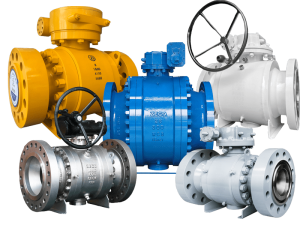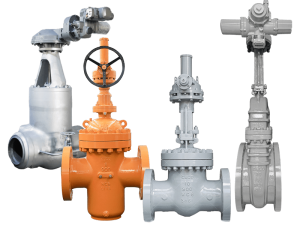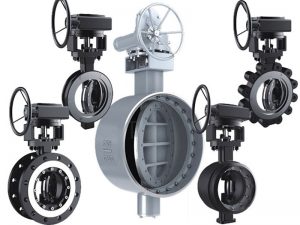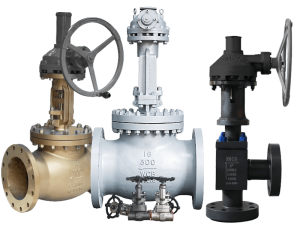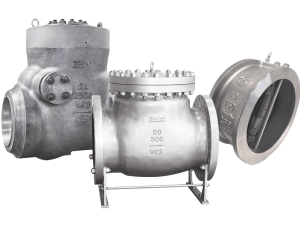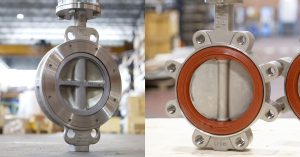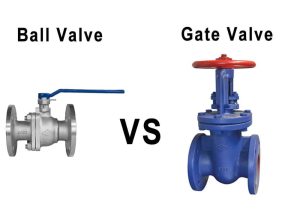The difference between the two balancing valves is that the thermostatic balancing valve manually adjusts the opening degree of the thermostat valve, while the auto balancing valve automatically adjusts the opening degree of the thermostat valve by using temperature sensors.
What is a Thermostatic balancing valve?
Thermostatic balancing valve (referred to as constant temperature valve) is an energy-saving product.
How does a Thermostatic balancing valve work?
The principle is to control the temperature of the valve by using the temperature sensor in the temperature control valve head. When the room temperature rises, the temperature sensor expands due to thermal expansion and compresses the stem to make the valve close small. When the room temperature drops, the temperature sensor shrinks due to cooling, and the stem springs back to open the valve. Therefore, when the room has other auxiliary heat sources (sunlight, other heaters) and the room temperature is higher than the set temperature, the valve automatically closes down, the water intake of the radiator decreases, ultimately saving the heat of heating.
The setting temperature of the auto balancing valve can be adjusted artificially. The constant temperature valve will automatically control and adjust the water quantity of the radiator according to the set requirements, so as to achieve the purpose of controlling the indoor temperature. Temperature control in user’s room is realized by constant temperature control valve of radiator. The constant temperature control valve of radiator is composed of a constant temperature controller, a flow regulating valve and a pair of connectors. The core component of the constant temperature controller is the sensor unit, namely the temperature package. The temperature chamber can induce the volume change caused by the change of ambient temperature, drive the valve core to produce displacement, and then adjust the water quantity of the radiator to change the heat dissipation of the radiator.

